Burberry and the British Fashion Council Team Up To Provide Students Around The Country With Deadstock Fabrics
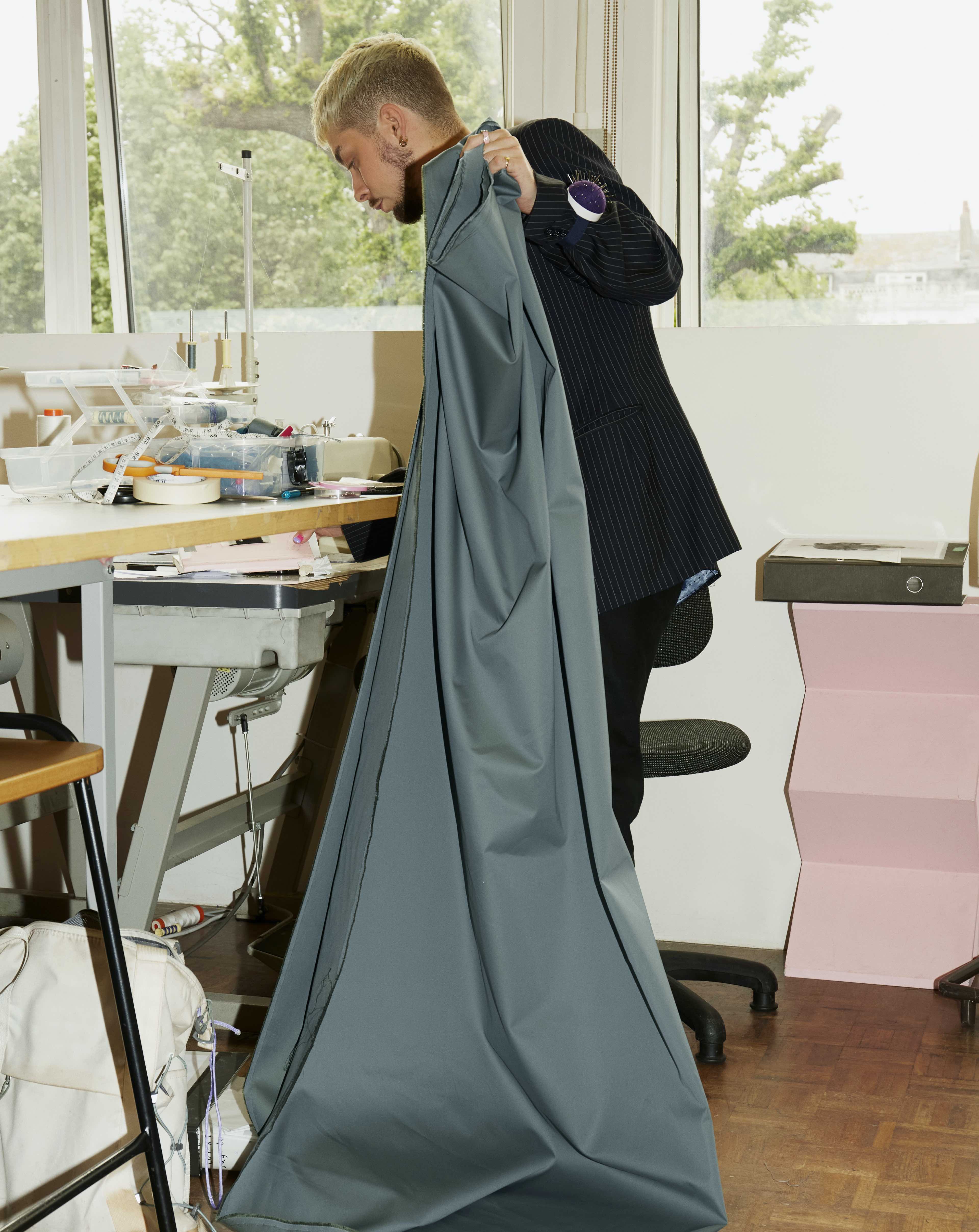
In 2020, Burberry launched the ReBurberry Fabric Programme with the British Fashion Council to provide donations of leftover fabrics to fashion students to save it from going to waste.
This year the luxury house makes a second donation through the BFC’s institute of Positive Fashion, sending over 12,000 metres of fabric to more than 30 fashion school and universities in the UK. The fabrics include a variety of fabrics from past collections, which would be difficult or very expensive for students to source and access otherwise.
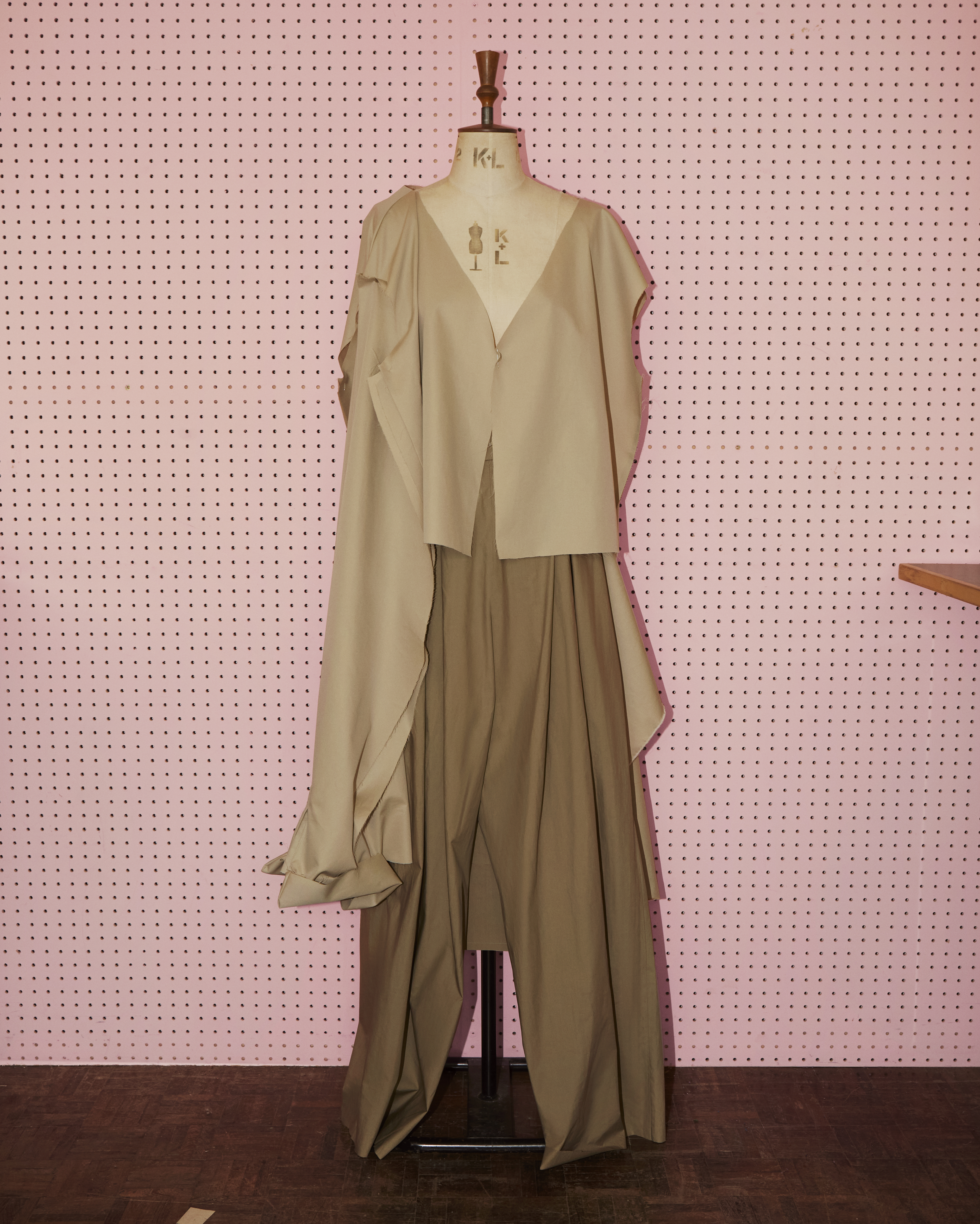
As part of their 2017-2022 Responsibility Strategy Burberry has committed to making the brand more sustainable and creating a circular economy that supports upcoming creative communities, and reduces their impact on the environment.
‘We are committed to supporting the next generation of exciting creatives while ensuring we all do what we can to protect the environment. We’re proud to be working with the British Fashion Council once more to help emerging diverse talent achieve their ambitions, while reinforcing the importance of sustainable practices and circularity. By equipping students with these materials and tools to help their creativity thrive, we can all create a better future for our industry.’ Said Nicole Lovett, Responsibility Programme Director, Burberry
For fashion design students, sourcing and buying fabrics to realise their collections is one of the most costly elements of studying a fashion design degree, and compromises often have to be made when weighing up the cost of the materials they actually want to use versus what they can afford to realise their ideas.
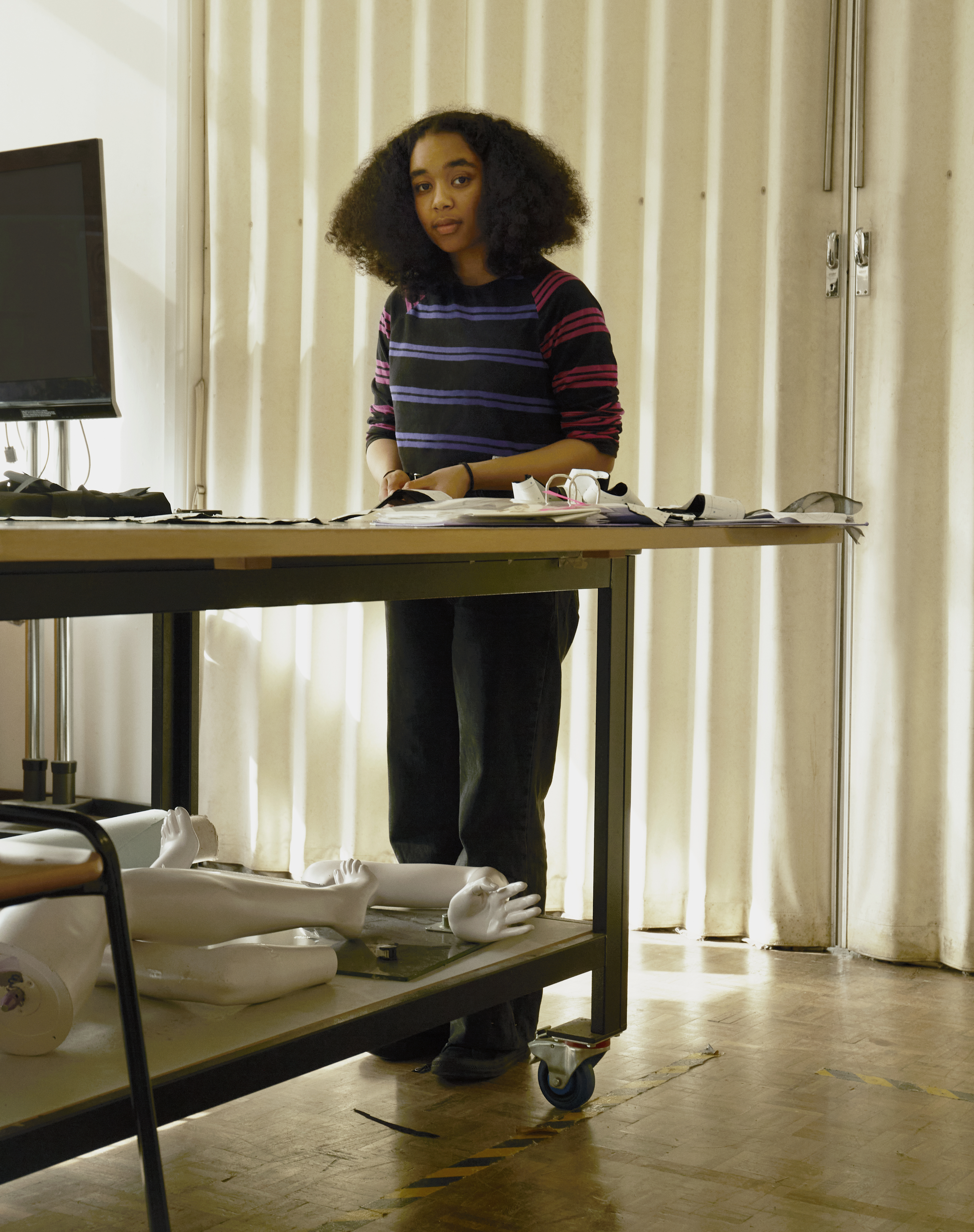
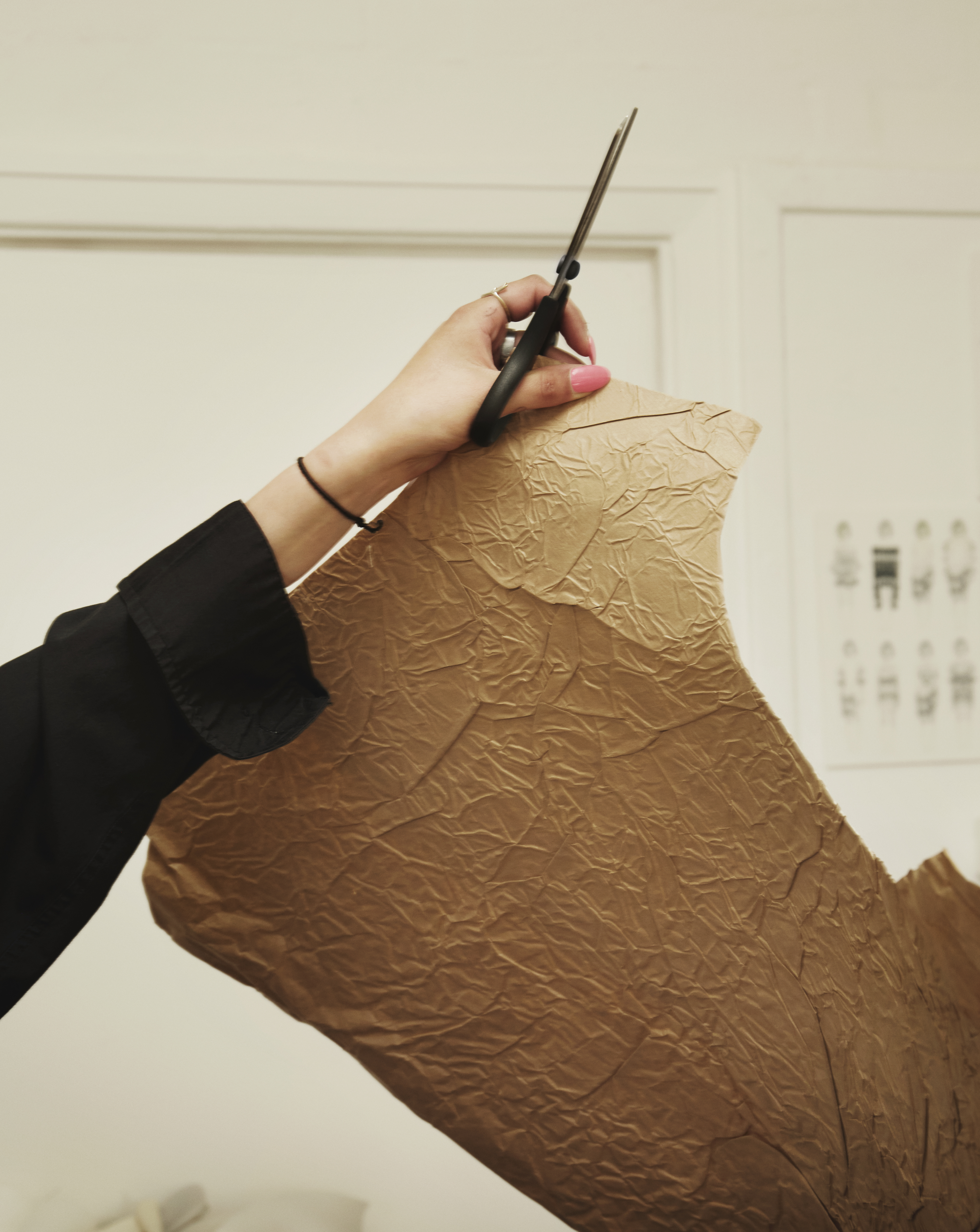
Leila Eskandary-Miles, a first year fashion design student at the University of Brighton said,
‘Having access to this fabric allowed me to experiment and be more ambitious with my ideas and execution, which in turn created a final outcome I was extremely proud of. The main idea of this initiative has inspired me to try and design with less waste as well as to try and use deadstock fabrics and other pre-existing materials more.’
Luca McCarry, who also is in his first year studying fashion design with Business Studies at the University of Brighton, reiterates this point: ‘This initiative was an opportunity to experiment and be creative without the burden of cost associated with using high-quality materials. Burberry’s donation allowed me to experiment without bounds. For an aspiring designer, it’s reassuring to know that luxury fashion brands are actively looking to support young creatives in the industry.’
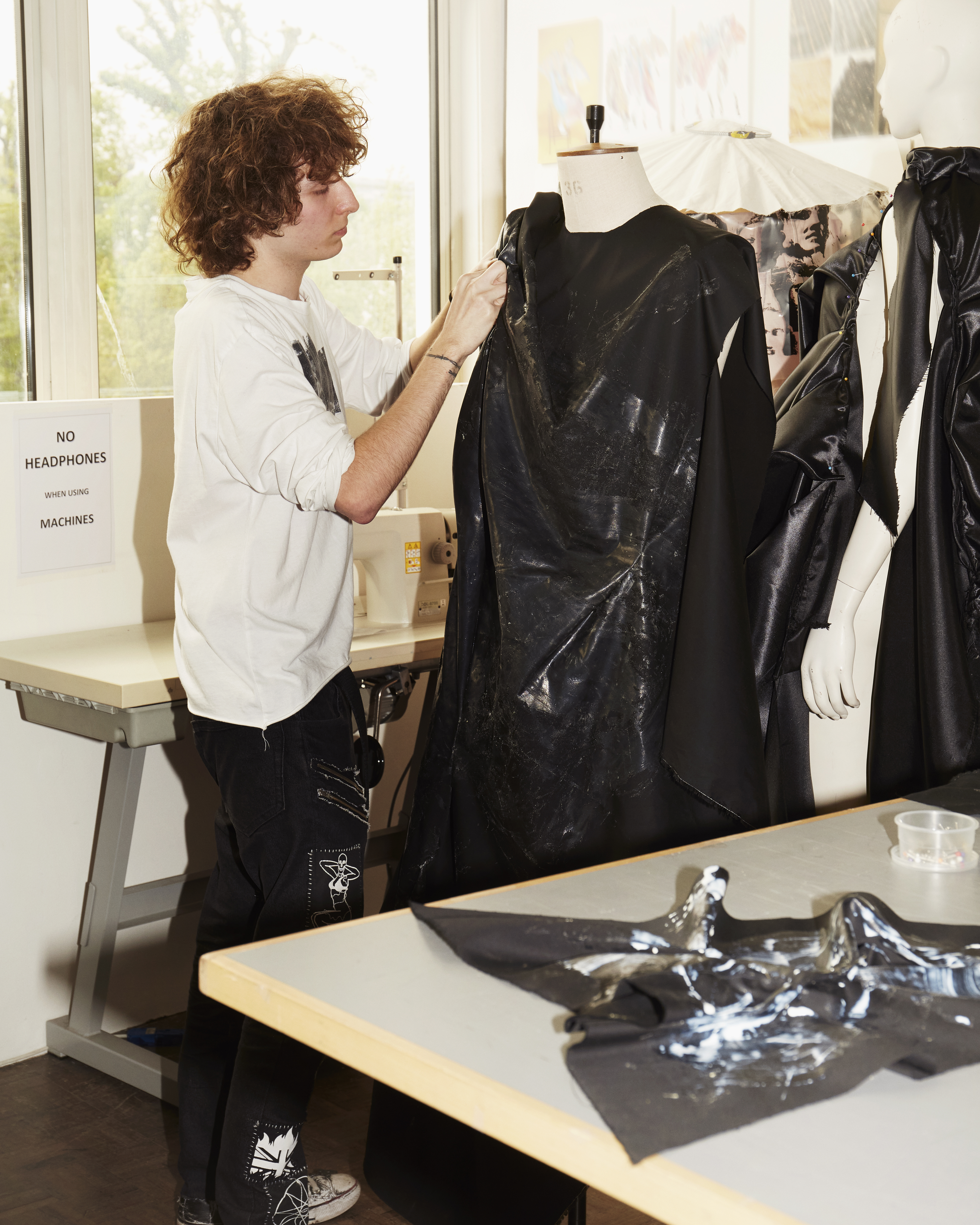
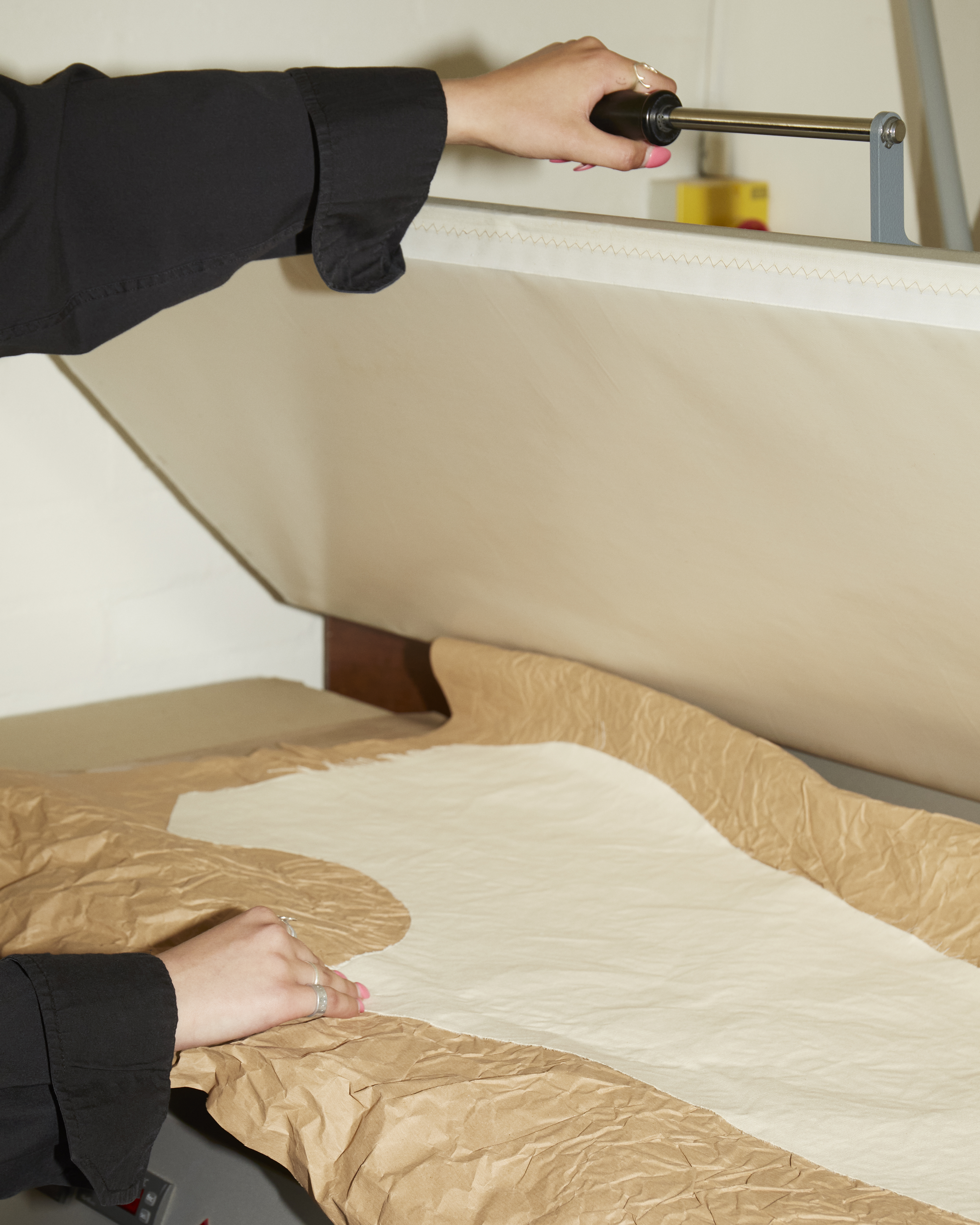
The British Fashion Council continues to support the next generation of designers in the UK by assisting brands with launching initiatives like the Reburberry Programme through creating standards and frameworks that become a blueprint for brands to pay it forward.
Discover more from GUAP’s Fashion section here




![ZINO VINCI’S ‘FILTHY & DISGUSTING’EP BRINGS YOU TO THE CORE OF THE ARTIST [@ZinoVinci]](https://guap.co/wp-content/uploads/2023/10/Zino-4.jpg)



